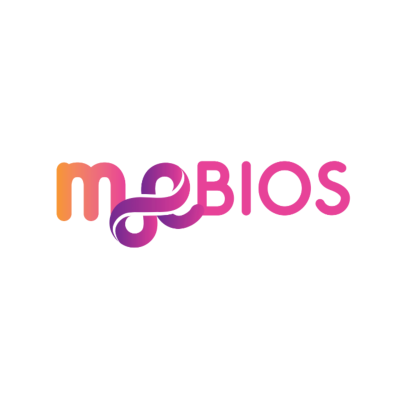
Horizon Europe MoeBIOS Project: Improving bio-based plastic waste management and recycling in the packaging, textile, and agricultural sectors
- Type Project
- Status Signed
- Execution 2024 -2028
- Assigned Budget 7.013.928,5 €
- Scope Europeo
- Main source of financing Horizon Europe 2021-2027
- Project website Proyecto MoeBIOS
Bioplastics (BP) pose environmental challenges. However, recycling them can mitigate these problems by improving waste management practices. The EU-funded MoeBIOS project aims to develop three bioplastic recycling value chains to improve waste management efficiency across Europe.
These chains will establish connections that address key stages, such as the sorting, conditioning, and valorization of waste streams from the packaging, agricultural, and textile industries. The project aims to maintain the same quality and functionality as the original bioplastics. Furthermore, the MoeBIOS project will scale up recycling processes and seamlessly integrate them into pilot plants, ensuring they complement existing industrial recycling lines. The focus is on bioplastics that lack established recycling methods.
MoeBIOS will scale up recycling processes and seamlessly integrate them into pilot plants, ensuring they complement existing industrial recycling lines. The focus is on bioplastics that lack established recycling methods.
MOEBIOS is an application of the circular (bio)economy concept: the development of three value chains incorporating separate recycling streams for bioplastics (BP) to improve waste management efficiency across Europe. It is a systemic innovation: it will create links addressed at different key stages of all chains to solve a hierarchical challenge, from bioplastic waste collection (simulated streams) to recycling and validation of recycled end products (a holistic and coordinated solution).
The new value chain will involve sorting, conditioning, and valorizing three types of waste streams from the packaging, agricultural, and textile industries into three final products, with the goal of achieving at least the same quality and functionality as the original grades, while also assessing end-user acceptance. Key objectives to maximize the projects' impact include expanding the recycling processes:
- It will be integrated into pilot plants at real industrial recycling lines currently operating in waste management companies, without interrupting them and achieving a final TRL of 6/7 or even more.
- Focus on bioplastics for which no recycling processes yet exist, excluding bio-based analogues (drop-in): PLA and PLA blends, PHA and their blends, PBS, and PEF, in accordance with the market. The use of PBAT will also be assessed. A multi-stakeholder approach (MAA) and a transdisciplinary methodology will involve waste producers, waste managers, the bioplastics and (bio)plastics industry, public authorities, standardization agencies, citizens, and media multipliers, creating an innovation environment of co-creation and co-ownership of more than 50 participants.
- INSTITUTO TECNOLOGICO DEL EMBALAJE, TRANSPORTE Y LOGISTICA (ITENE)







